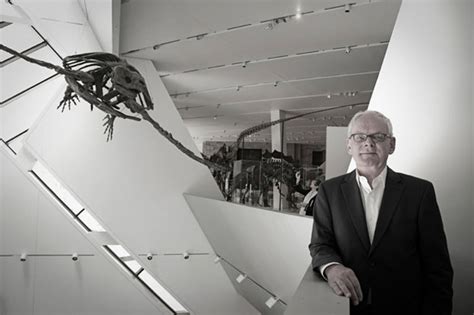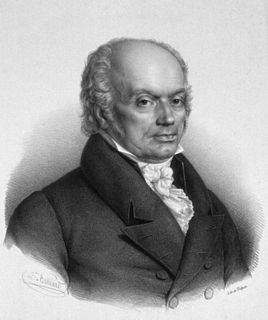A Quote by Jiddu Krishnamurti
How is the mind which functions on knowledge how is the brain which is recording all the time to end, to see the importance of recording and not let it move in any other direction? Very simply: you insult me, you hurt me, by word, gesture, by an actual act; that leaves a mark on the brain which is memory. That memory is knowledge, that knowledge is going to interfere in my meeting you next time obviously.
Related Quotes
Memory is knowledge; character is the box of values and habits in which our knowledge knocks around. People with a lot of knowledge thrown together in a box that encourages social intercourse and experimentation tend to come up with good ideas, which are the engine of change. Think of Silicon Valley in California, or Oxbridge in the United Kingdom.
Actual knowledge is identical with its object: in the individual, potential knowledge is in time prior to actual knowledge, but in the universe as a whole it is not prior even in time. Mind is not at one time knowing and at another not. When mind is set free from its present conditions it appears as just what it is and nothing more: this alone is immortal and eternal (we do not, however, remember its former activity because, while mind in this sense is impassible, mind as passive is destructible), and without it nothing thinks.
Knowledge is inherent in man; no knowledge comes from outside; it is all inside. We say Newton discovered gravitation. Was it sitting anywhere waiting for him? It was in his own mind; the time came and he found it out. All knowledge that the world has ever received comes from the mind; the infinite library of the universe is in our own mind. The external world is simply the suggestion, the occasion, which sets you to study your own mind.
The fate of the physiology of the brain is independent of the truth and falsity of my assertions relative to the laws of the organization of the nervous system, in general, and of the brain in particular, just as the knowledge of the functions of a sense is independent of the knowledge of the structure of its apparatus.
Each member of society can have only a small fraction of the knowledge possessed by all, and...each is therefore ignorant of most of the facts on which the working of society rests...civilization rests on the fact that we all benefit from knowledge which we do not possess. And one of the ways in which civilization helps us to overcome that limitation on the extent of individual knowledge is by conquering intelligence, not by the acquisition of more knowledge, but by the utilization of knowledge which is and which remains widely dispersed among individuals.
What is memory but the repository of things doomed to be forgotten, so you must have History. You must have labor to invent History. Being faithful to all that happens to you of significance, recording days, dates, events, names, sights not relying merely upon memory which fades like a Polaroid print where you see the memory fading before your eyes like time itself retreating.
We no longer see the evolution of the nervous system, but that of a certain individual. The role of the memory is very important but... not as important as we believe. Most of the important things that we do don't depend on memory. To hear, to see, to touch, to feel happiness and pain; these are functions which are independent of memory; it is an a priori thing. Thus, for me, what memory does is to modify that a priori thing, and this it does in a very profound way.
Each is liable to panic, which is exactly, the terror of ignorance surrendered to the imagination. Knowledge is the encourager, knowledge that takes fear out of the heart, knowledge and use, which is knowledge in practice. They can conquer who believe they can. It is he who has done the deed once who does not shrink from attempting again.
But it is the knowledge of how contingent my unease is, how dependent on a baby that wails beneath my window one day and does not wail the next, that brings the worst shame to me, the greatest indifference to annihilation. I know somewhat too much; and from this knowledge, once one has been infected, there seems to be no recovering. I ought never to have taken my lantern to see what was going on in the hut by the granary. On the other hand, there was no way, once I had picked up the lantern, for me to put it down again. The knot loops in upon itself; I cannot find the end.





































